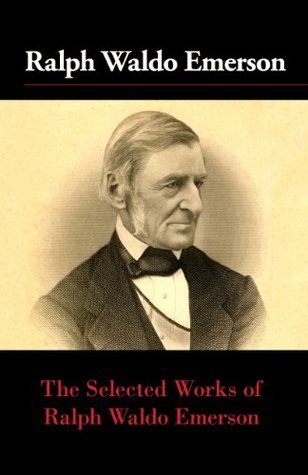This comprehensive collection of Emerson's work includes his Address to Harvard Divinity College, his poetry, and the famous essays "Self-Reliance" (Whoso would be a man, must be a nonconformist), "Compensation", "The Poet", and his study of the English national character, English Traits, which earned him much admiration in England. Ralph Waldo Emerson was a philosopher and poet who developed the concept of New England Transcendentalism, a form of mystic idealism that promoted self-reliance, the progress of the spirit, and simple living.

